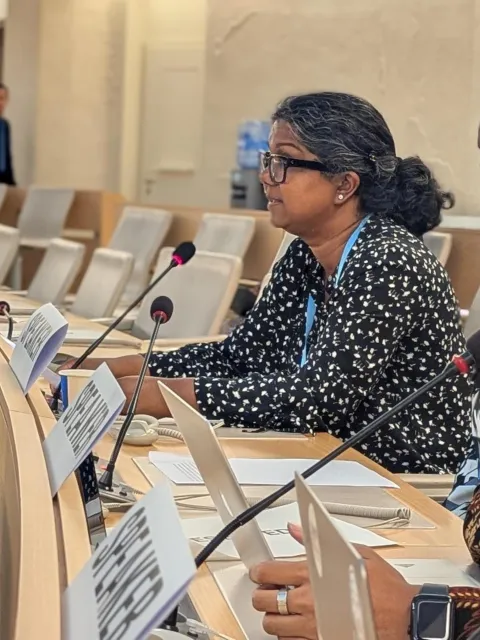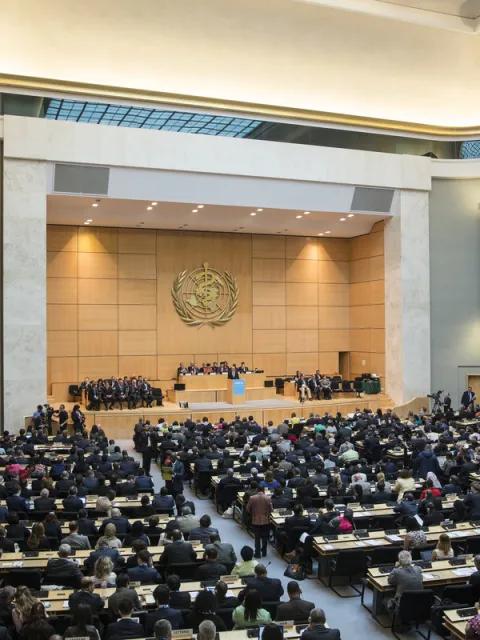UN agrees to establish a Task Force on NCDs
Another Milestone in the global response to NCDs

Today, Member States unanimously adopted ECOSOC resolution E/2013/L23, formally establishing the United Nations Interagency Task Force on the Prevention and Control of NCDs. This resolution was co-sponsored by 110 Member State across all regions, demonstrating the widespread support for this Task Force.
The UN Task Force on NCDs, which has been meeting informally since the UN Summit in 2011, is established by expanding the mandate of the existing United Nations Ad-Hoc Interagency Taskforce on Tobacco Control. It will be convened and led by WHO, and will coordinate the entire UN system to respond to the growing NCD epidemic.
The UN Task Force will report regularly to ECOSOC through the UN Secretary-General, ensuring that NCDs are a UN system-wide priority. The establishment of the UN Task Force fulfils a commitment in the UN Political Declaration on NCDs, which urged the entire UN system to work together to prevent and control NCDs.
The main decisions in the Resolution are:
- To establish a UN Interagency Task Force on the Prevention and Control of NCDs, by expanding the mandate of UN Ad Hoc Task Force on Tobacco Control;
- The UN Task Force will coordinate activities of relevant UN agencies to support the realisation of commitments in the UN Political Declaration, in particular through implementation of Global NCD Action Plan 2013-2020;
- To develop a Terms-of-Reference (ToRs) for the UN Task Force, in consultation with Member States, for adoption at ECOSOC’s 2014 Substantive Session.
The agreed process to develop the UN Task Force ToRs will be via a WHO consultation with Member States and UN agencies between October to November 2013. The ToR’s will be finalised at a formal Member State consultation on 13 November 2013. For the official WHO media release click here.
Last update
Friday 07 June 2019
